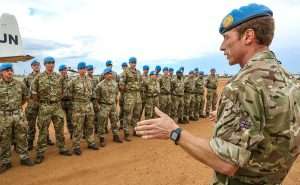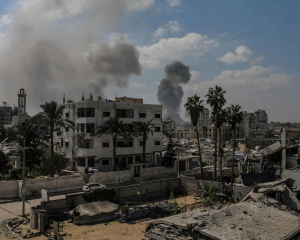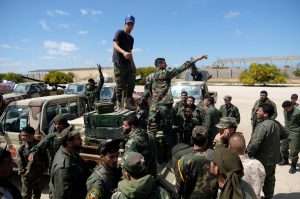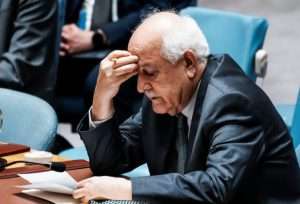UN Security Council eye resolution for Gaza
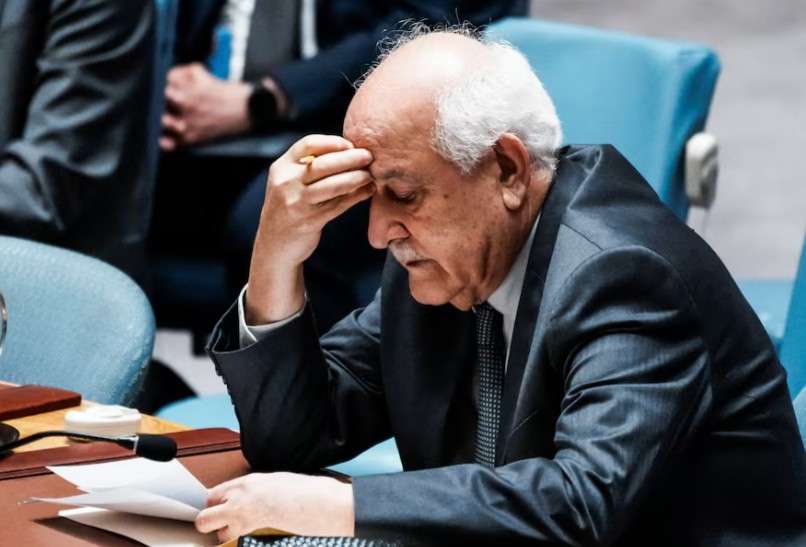
The United Nations Security Council were due to vote on September 18th on the latest calls for a ceasefire and increased humanitarian support in Gaza, according to Arab Weekly plus agencies.
The move is supported by the majority seeking a solution in the region in spite of a number of US vetoes.
The draft calls for opening access to aid as well as demanding “an immediate, unconditional and permanent ceasefire in Gaza respected by all parties.” It also demands the swift and unconditional release of captives.
The ten non-permanent members of the council initiated talks on the current draft resolution late last month, in response to UN backed experts declaring that a “man-made” famine was happening in Gaza City.

An earlier draft mainly called for removing obstacles to aid but diplomatic sources said this was met with scepticism from France, the UK and Russia, regarding the value of a completely humanitarian resolution from a body tasked with sustaining global peace.
The approach taken in the draft has already been rejected by the US on several occasions. On June 4th it was reported that the US had vetoed a push from the UN for an unconditional ceasefire in Gaza.
The veto has sparked an outcry from the other 14 members who are becoming more vocal in their outrage over their incapacity to stop the suffering of Palestinians.
Foreign policy experts see Western nations turn to tokenist actions as a testimony to Europe’s decreasing authority on the global stage and the incapacity of the international community to overturn US-Israeli policies.
A European diplomat said: “Not even trying to make it too easy for the US, [in] that they don’t have to justify [it] and confront 14 members of the council and the world public. It doesn’t help much the Palestinians on the ground but at least we keep showing that we are trying.”
The vote comes against the backdrop of the UN Commission of Inquiry concluding that Israel is committing a genocide in Gaza, citing large-scale killings, aid obstructions, forced displacement and the destruction of a fertility clinic as evidence.
The UN investigator who accused Israel of genocide says she sees parallels with the Rwanda genocide and hopes one day Israeli leaders will be in jail. Navi Pillay, a South African ex-judge who headed the international tribunal for the 1994 Rwandan genocide and served as UN human right chief, pointed to “the same kind of methods” being used by Israel in Gaza.
The subject of a genocide in Gaza will be central to the upcoming yearly UN summit in New York.
Arab Weekly plus agencies, Maghrebi.org
Want to chase the pulse of North Africa?
Subscribe to receive our FREE weekly PDF magazine







